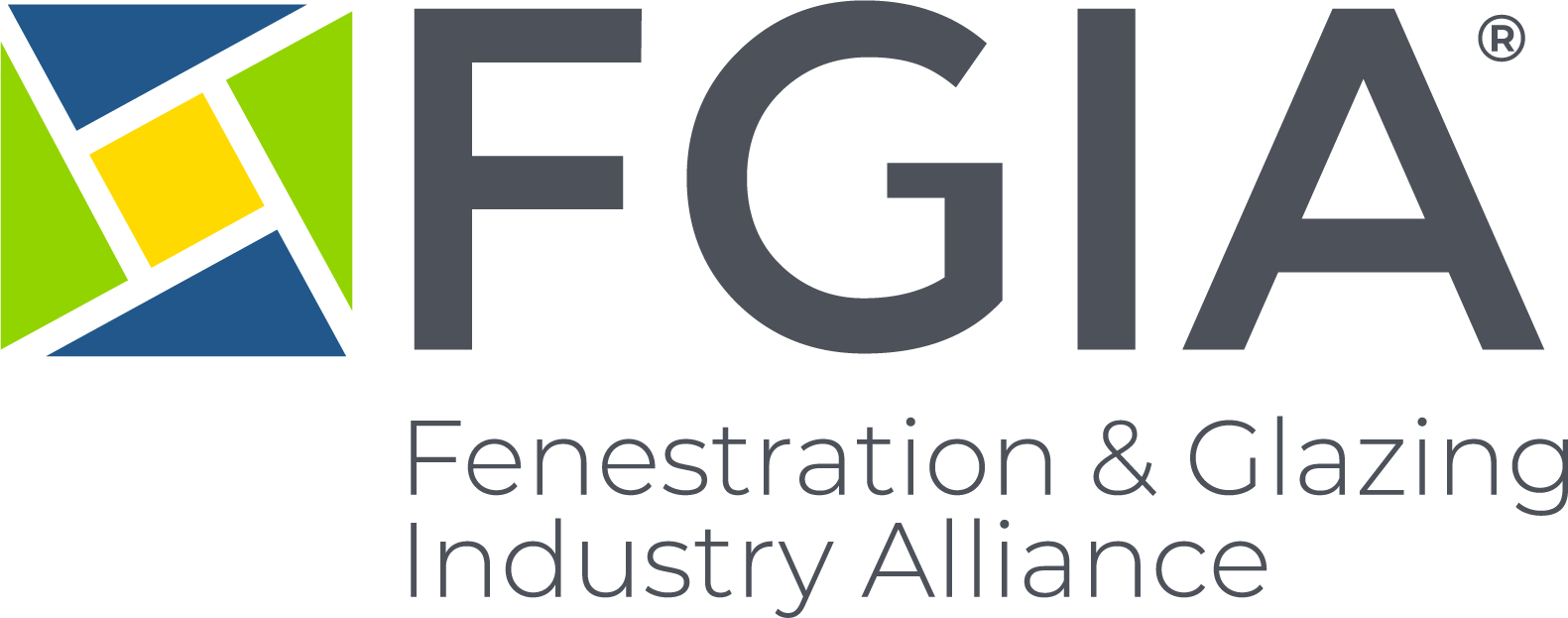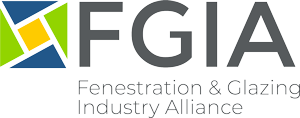Safety VP Mike Troutman Provides Guidance on Accident Investigation Protocol

Mike Troutman, Vice President of Environmental, Health and Safety (EHS) Excellence for MI Windows and Doors, offered an accident investigation protocol roadmap to the participants of the Fenestration and Glazing Industry Alliance (FGIA) Virtual Annual Conference. Troutman, a Co-Chair of the FGIA Fenestration Safety Committee, emphasized the need for good accident protocol, which not only helps to protect one’s company, but also protects one’s team by finding root causes and removing hazards. Troutman’s session explored steps to follow to achieve consistent accident investigations.
“Knowing where to start following an accident is never easy, but staying focused will prevent additional accidents or missteps,” said Troutman. “Don’t hit the panic button!” He defined three important terms and noted their differences:
- Accident – An accident as an undesired event that results in personal injury or property damage.
- Incident – An incident that is unplanned, an undesired event that adversely affects completion of a task.
- Near Miss – Incidents where no property was damaged and no personal injury sustained but given a slight shift in time or position, damage and/or injury easily could have occurred.
“Getting everyone to use the same language is important, because there are big differences between them,” said Troutman, adding that a near miss is like “a second chance – you get to fix it without anyone getting hurt.” He advised participants to always promote the reporting of near misses in order to prevent them in the future.
Ninety-five percent of accidents, according to Troutman, stem from unsafe or inappropriate behaviors in the workplace. Hazardous conditions account for between 3-5 percent, while uncontrollable acts account for 2 percent of workplace accidents. “We as management control a lot of factors that couple with behaviors, which we can allow or influence. A lot of responsibility for the incident rests on our shoulders,” he said.
Troutman laid out seven characteristics of an effective accident investigation program:
- Provide written procedures – Guidance must be available for the person or team to ensure the same quality and details are captured. This could be as simple as a form that is completed the same way every time.
- Determine who is responsibility for conducting accident investigations – It must be clear who does what in an investigation. Assign someone who can clarify who handles what.
- Formally train investigator(s) – Having background training provides a better end product. Courses are available through the National Safety Council and possibly through one’s state outreach program or insurance provider.
- Focus on facts, not blame – Make sure no one rushes to a judgement that could cloud an investigation.
- Develop a written report – This is helpful for future reference in case the situation results in a claim, which will help the insurance company as well. Also, a written report allows for trend comparisons of accidents.
- Follow up with recommendations – These recommendations for improvement of the process that failed are an important step toward prevention.
- Review the accident to share best practices – Share the accident so others can learn from it. Leave names out of it.
For general incidents, a supervisor or responsible site personnel should be able to capture the event with some basic training, such as first aid, said Troutman. However, in a major incident, the supervisor or site personnel should ask for help – or maybe even a trained investigation team.
Recommended investigation steps include the following:
- Visit the scene before physical evidence is disturbed.
- Secure the scene. Do not let others get hurt.
- Prepare visual aids, pictures, field sketches or drawings.
- Obtain on the spot information from eyewitnesses, if possible.
- Observe key mechanical equipment, as it is disassembled and use photos.
- Determine which incident-related items need to be preserved.
- Carefully document the sources of information contained in the incident report.
Document and communicate the results, recommending corrective actions and system improvements, said Troutman. “We know accidents can cost your company in many ways, both directly and indirectly. The unknown costs are human tragedy, morale and your company's reputation.”
For more information, visit FGIAonline.org.
Your trusted industry resource, setting the standards for fenestration and glazing.





